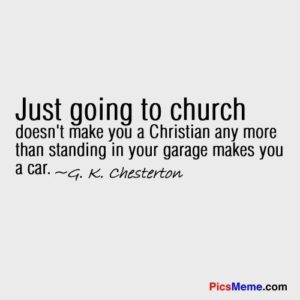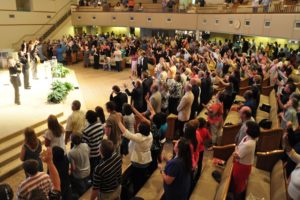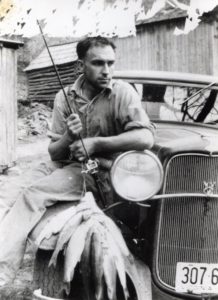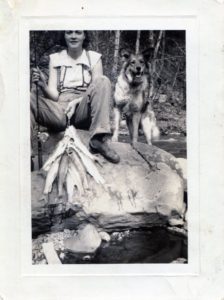 I was attending a committee meeting at church this week. We began by introducing ourselves. A pattern unfolded in the introductions that has stayed on my mind all week. I introduced myself as a church member who had been in the church since 1994. Another committee member smiled and said, “We have been in the church since 1987–we began coming when our children were born.” Another committee member said, “I shouldn’t take pride but I am proud that I was on the board that started this church.”
I was attending a committee meeting at church this week. We began by introducing ourselves. A pattern unfolded in the introductions that has stayed on my mind all week. I introduced myself as a church member who had been in the church since 1994. Another committee member smiled and said, “We have been in the church since 1987–we began coming when our children were born.” Another committee member said, “I shouldn’t take pride but I am proud that I was on the board that started this church.”
Does all that church attending have any meaning or add any value to this life?
A young man in the group described how he wrestled with the idea of being a part of the church and whether it was necessary for a life of faith.
When examined from an earthly perspective, church participation can seem like just one of a thousand choices we make in life of how we spend our time. It may seem very unnecessary if you are looking for an earthly pay off. After all, what have I got to show for 24 years of church attendance?
James K.A. Smith has helped me ask this question from a God perspective. His book helped me see what God has been up to over the years of my church attendance. Smith argues that we are essentially desiring creatures driven more by what our hearts truly love than thinking creatures driven by information, ideas or arguments.
So in the week in and week out repetition of worship, Smith sees God training our desires and reordering our love.
“Being a disciple is not primarily a matter of getting the right ideas and doctrines and beliefs into your head in order to guarantee proper behavior; rather, it’s a matter of being the kind of person that loves rightly.“
 In The Worship Pastor, Zac Hicks writes that worship because it is full of “rituals of ultimate concerns” serves as a habit forming practice that aims our hearts toward the right end–Jesus and His Kingdom. It should not surprise us that God uses with our heart training the same method that we use for learning things on earth –repetition aimed at habit formation.
In The Worship Pastor, Zac Hicks writes that worship because it is full of “rituals of ultimate concerns” serves as a habit forming practice that aims our hearts toward the right end–Jesus and His Kingdom. It should not surprise us that God uses with our heart training the same method that we use for learning things on earth –repetition aimed at habit formation.
All of this made me grateful for every Sunday –some weeks dragging and some weeks delighting — that I have spent in church!
[ssba-buttons]







